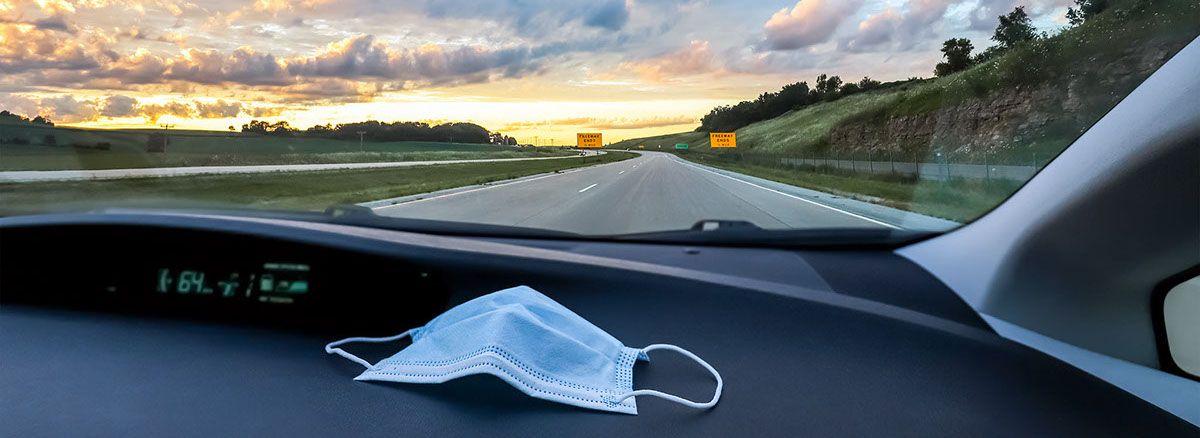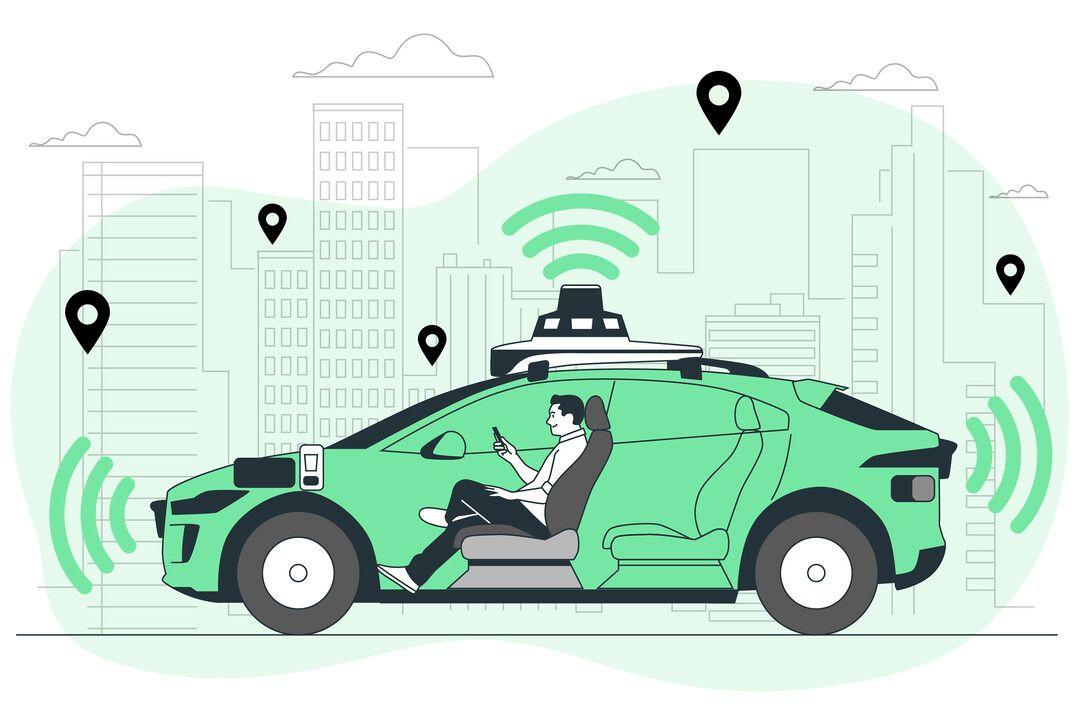Driving Tips for New Drivers: What to Pay Attention To
by DrivegateJuly 24, 2024

Embarking on the journey of driving is an exciting milestone for new drivers. However, it also comes with its share of responsibilities and challenges. To help new drivers navigate the road safely and confidently, here are some essential driving tips to keep in mind:
1. Be Tolerant and Patient
Driving can be stressful, especially in heavy traffic or when encountering aggressive drivers. It's crucial to remain tolerant and patient. Understand that everyone on the road has somewhere to be, and not all drivers will behave courteously. By staying calm and composed, you can make better decisions and reduce the risk of accidents. Remember, patience is key to safe driving.
2. Respect Speed Limits and Traffic Laws
Speed limits and traffic laws are in place to ensure the safety of all road users. As a new driver, it’s important to adhere to these regulations strictly. Speeding can lead to severe accidents and legal consequences. Additionally, following traffic signals, stop signs, and yielding to pedestrians and other vehicles will help you build good driving habits and avoid potential hazards.
3. Build Self-Confidence
Confidence is essential for driving, but it should be balanced with caution. Overconfidence can lead to reckless driving, while lack of confidence can cause hesitation and errors. Practice driving in various conditions to build your confidence gradually. Familiarize yourself with your vehicle’s controls and features, and don’t hesitate to ask for advice or take additional driving lessons if needed.
4. Stay Focused and Avoid Distractions
Distracted driving is one of the leading causes of accidents. Always keep your focus on the road and avoid using your phone, eating, or engaging in any activity that takes your attention away from driving. Set up your GPS and adjust your mirrors before you start driving. Staying focused ensures that you can react promptly to any situation that arises.
5. Keep a Safe Following Distance
Maintaining a safe distance from the vehicle in front of you gives you enough time to react if they suddenly stop or slow down. The general rule is to keep at least a three-second gap, which increases in adverse weather conditions or when driving at higher speeds. This practice can significantly reduce the risk of rear-end collisions.
6. Be Aware of Your Surroundings
Constantly scan your surroundings to stay aware of other road users, such as pedestrians, cyclists, and motorcyclists. Check your mirrors frequently and be mindful of blind spots. Awareness of your environment helps you anticipate and respond to potential hazards effectively.
7. Practice Defensive Driving
Defensive driving involves being prepared for the unexpected actions of other drivers. Always assume that other drivers might make mistakes and be ready to react accordingly. This proactive approach can help you avoid accidents and ensure a safer driving experience.
8. Respect Other Road Users
Respecting other drivers, pedestrians, and cyclists is fundamental to creating a harmonious driving environment. Yield the right of way when necessary, avoid aggressive maneuvers, and be courteous. Respect fosters mutual understanding and reduces the likelihood of conflicts on the road.
9. Regular Vehicle Maintenance
Ensure that your vehicle is in good working condition by performing regular maintenance checks. This includes checking the brakes, tires, lights, and fluid levels. A well-maintained vehicle is less likely to experience mechanical failures that could lead to accidents.
10. Continuous Learning and Improvement
Driving is a skill that can always be improved. Stay updated on road rules and consider taking advanced driving courses to enhance your abilities. Learning from your experiences and those of others will make you a more competent and safer driver.
Conclusion
Driving is a significant responsibility that requires attention, patience, and continuous learning. By following these tips, new drivers can build a strong foundation for safe and confident driving. Always remember that the road is shared with others, and mutual respect and awareness are key to a positive driving experience.
Want to hear the latest on Drivegate?
Sign up for our newsletter to stay updated on all you need to know about being a new driver on the road.



